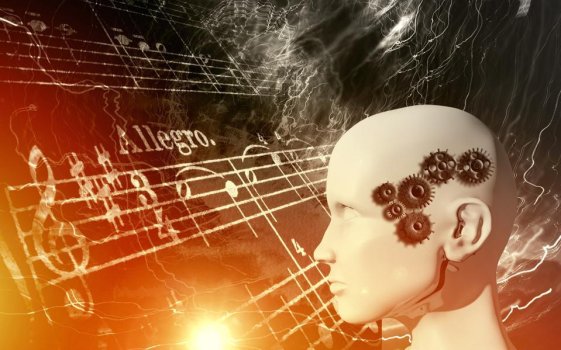Streaming music services make it easier than ever for musicians to find an audience and get their songs heard. However, they have also made it harder for musicians to earn a living. Services like Spotify and Apple Music typically pay artists less than one cent per stream. This means that unless you are Taylor Swift or Ed Sheeran and pulling in millions of listeners, the rockstar lifestyle you dreamed of is unlikely to be within reach.
In fact, even being able to quit the day job and concentrate on music full time is out of reach for most aspiring professional musicians. But could Web3 be about to change that? The immersive, distributed platforms that many are touting as the next level of the internet could bring about new ways for artists and fans to connect in the metaverse. And the new breed of applications and platforms that it enables could allow songwriters and performers to tap into new funding models. So even if it won’t necessarily be a ticket to a world of mansions and private jets, it could allow thousands of people with a passion and talent for music to turn it into a source of income.
What is Web3?
Although different people may have different ideas about the details, what is generally agreed is that it represents the third major iteration of the web. The first web being the static, read-only HTML web pages that kickstarted it all, and the second web being the interactive, user-generated web of social media. Web3, it is generally believed, will be more immersive and experiential, involving 3D graphical user interfaces rather than flat pages of text. Importantly, thanks to technology like blockchain, cryptography, and distributed computing, it will also be decentralized. This means that rather than us all logging onto services and applications that are for the most part owned by huge corporations like Google, Facebook or Microsoft, we will, for the first time, fully own and be in control of our own data and how it is used. But how is this relevant to the world of music?
Continue reading: https://www.forbes.com/sites/bernardmarr/2022/07/13/web3-and-the-future-of-music/?sh=3941784b2a29
In fact, even being able to quit the day job and concentrate on music full time is out of reach for most aspiring professional musicians. But could Web3 be about to change that? The immersive, distributed platforms that many are touting as the next level of the internet could bring about new ways for artists and fans to connect in the metaverse. And the new breed of applications and platforms that it enables could allow songwriters and performers to tap into new funding models. So even if it won’t necessarily be a ticket to a world of mansions and private jets, it could allow thousands of people with a passion and talent for music to turn it into a source of income.
What is Web3?
Although different people may have different ideas about the details, what is generally agreed is that it represents the third major iteration of the web. The first web being the static, read-only HTML web pages that kickstarted it all, and the second web being the interactive, user-generated web of social media. Web3, it is generally believed, will be more immersive and experiential, involving 3D graphical user interfaces rather than flat pages of text. Importantly, thanks to technology like blockchain, cryptography, and distributed computing, it will also be decentralized. This means that rather than us all logging onto services and applications that are for the most part owned by huge corporations like Google, Facebook or Microsoft, we will, for the first time, fully own and be in control of our own data and how it is used. But how is this relevant to the world of music?
Continue reading: https://www.forbes.com/sites/bernardmarr/2022/07/13/web3-and-the-future-of-music/?sh=3941784b2a29

